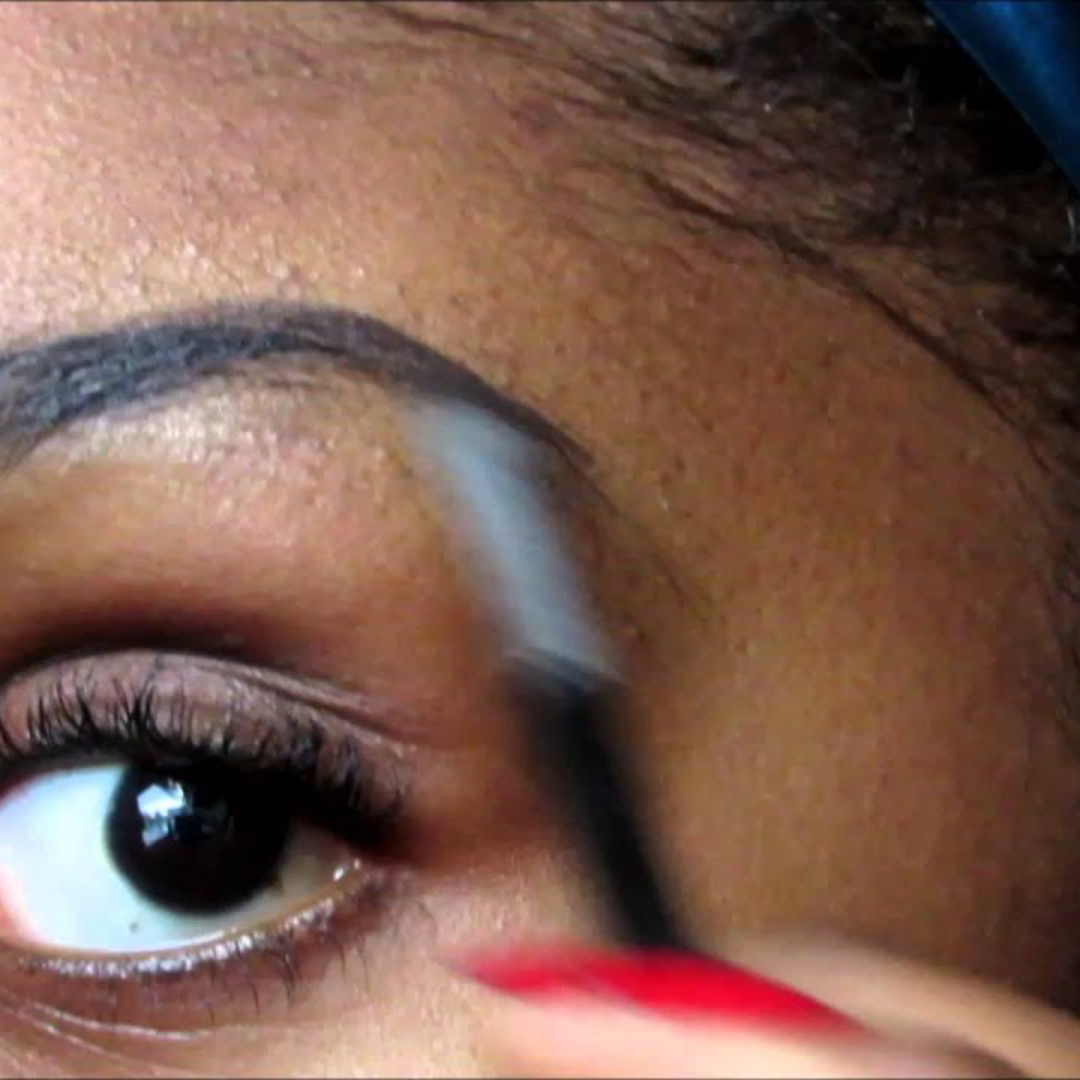
 By
Beauty Adams
By
Beauty Adams
Do you feel sleepy or sluggish in the afternoon? Do you wish you could take a quick nap to recharge your energy and mood? If so, you are not alone. Many people experience a dip in alertness and performance around midday, especially after a night of insufficient sleep. Fortunately, there is a simple and effective solution: napping.
Napping is a short period of sleep that usually occurs during the day. It can have many benefits for your mind and body, such as improving memory, increasing productivity, reducing stress, and promoting a healthier heart. In this blog post, we will explore the science behind napping, the best practices for optimal napping, and some frequently asked questions about napping.
Napping can enhance various aspects of cognition, such as memory, logical reasoning, information-processing speed, and vigilance. These are essential skills for learning, working, and performing complex tasks. Napping can also improve mood and emotional regulation, which can affect how we interact with others and cope with challenges.
How does napping achieve these effects? One way is by reducing sleep pressure, which is the urge to sleep that builds up the longer we are awake. Sleep pressure can impair our attention, concentration, and reaction time. By taking a nap, we can relieve some of this pressure and restore our alertness and performance.
Another way is by consolidating and strengthening memory. During sleep, our brain processes and stores information that we have learned or experienced. This helps us retain and recall information better. Napping can enhance this process by providing an opportunity for memory consolidation during the day.
Napping may also have other health benefits. For example, napping can lower blood pressure, which is a risk factor for cardiovascular problems. Napping can also support the immune system, which can help us fight off infections and diseases. Napping can also reduce stress and inflammation, which are linked to various chronic conditions.
Not all naps are created equal. The timing, duration, and quality of naps can affect how beneficial they are. Here are some tips to help you nap better:
Here are some common questions and answers about napping that you may find helpful:
Napping is a simple and effective way to boost your brain and body. By taking a short nap in the afternoon, you can improve your memory, increase your productivity, reduce your stress, and promote your heart health. However, napping is not a one-size-fits-all solution. You should tailor your napping habits to your individual needs and preferences, and follow the best practices for optimal napping. By doing so, you can enjoy the benefits of napping without compromising your nighttime sleep. Happy napping!





Never miss an important update. Be the first to receive our exclusive beauty tips straight into your inbox.